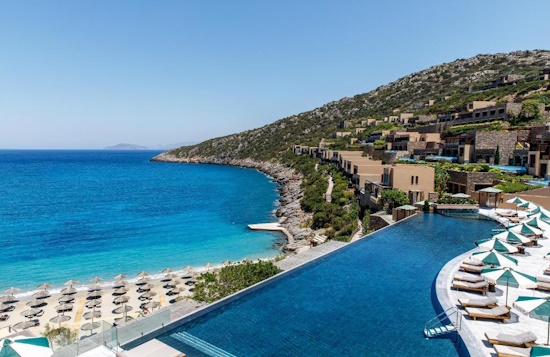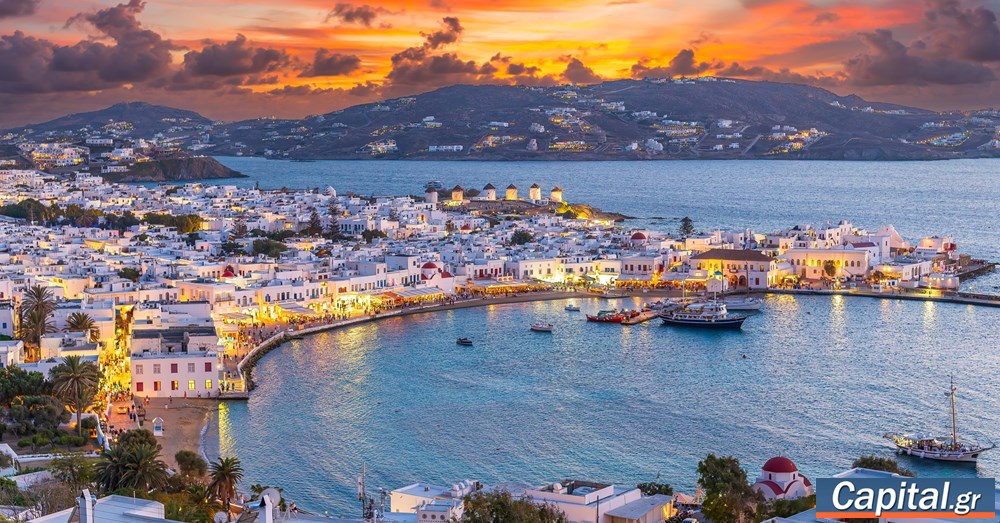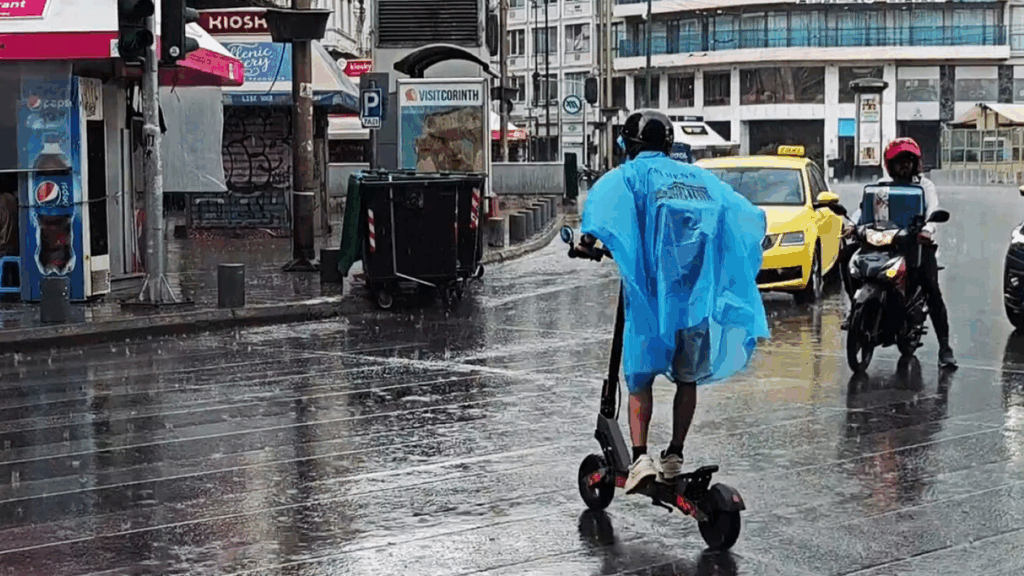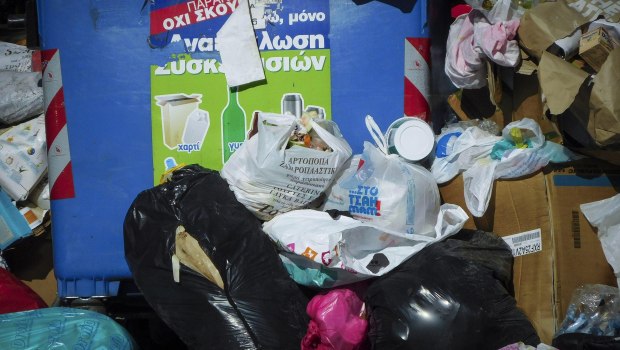A. Tzitzikostas: Greece a pillar for trade, shipping, tourism and competitiveness of Europ
Source: Tornos News
The importance of completing the projects of the Trans-European Transport Network was underlined by the Commissioner for Sustainable Transport and Tourism, Apostolos Tzitzikostas, speaking today at the Economist Impact Fifth Thessaloniki Metropolitan Summit on the theme: “European connectivity at the heart of European security and development.”
Mr. Tzitzikostas explained that the Trans-European Transport Network is expected to increase the EU’s GDP by 2.4% in the coming decades, as it will create more economic and investment opportunities, while at the same time reducing delays, costs, and bureaucracy. He also expressed his satisfaction with the European Commission’s proposal for the next Multiannual Financial Framework, which doubles the resources for transport and infrastructure from 25.8 billion euros to 51.5 billion euros.
The Commissioner noted: “We will focus funding mainly on cross-border projects. These funds and investments, however, will attract both public and private investments for the expansion and interconnection of transport networks.” He referred to the agreement to accelerate road and rail projects from Thessaloniki to Sofia and Bucharest, “so that a modern Black Sea–Aegean axis becomes a reality.”
He emphasized that Greece’s role in European strategies and policies is central, as all these discussions and changes “primarily concern Greece. Because our country is a pillar for trade, for shipping, for tourism, for outward-looking growth, for competitiveness, and for Europe’s defense. These changes are not happening without us. We are, and strive to remain, at the core of decision-making. And that is exactly where we stand—historically, politically, geopolitically, and especially today, as we shape these new strategies. The weight of our country is much greater than we sometimes imagine. We must understand this and move forward with even greater confidence.”
He made special reference to the first truly common European strategy for tourism. Among other points, he stressed that “for the first time, the European budget includes a dedicated reference to tourism as a key EU priority. And tourism means: 20 million jobs, 3 million small and medium-sized enterprises, 10% of EU GDP on average, with some regions fully dependent on tourism.” He outlined the priorities and goals of the new strategy he is drafting, with the main aims being: for Europe to remain the world’s number one tourist destination, with Greece ranked in the global top ten and among the top five European destinations, and to ensure a balance between economic growth, the prosperity of local communities, and the protection of cultural and natural heritage.
The Commissioner also referred to the importance of combined transport and the crucial role of ports and shipping, assuring that “Europe will continue to invest in ports, through which 77% of EU trade with the rest of the world and 35% of intra-European trade passes, by developing energy and digital technology systems so that European supply chains maintain and strengthen their competitive advantage. And of course, we will continue investing in our shipping sector, since in the EU, ships transport more than 3.4 billion tons of goods—including energy—and nearly 400 million passengers annually, creating 400,000 direct jobs and many more indirect ones.” He emphasized the two new European strategies currently being drafted, to be presented soon, focusing on ports and shipping.
“The better our transport infrastructure, the greater the growth. And growth, in turn, increases the demand for transport services and strengthens the supply chain. It is a continuous cycle of growth and expansion, with direct impact on businesses and on the quality of life of all citizens. Beyond driving economic growth, transport itself is also a significant part of the economy, with more than one million European private and public companies employing over 10 million people,” the Commissioner stressed.
Concluding his speech, Mr. Tzitzikostas highlighted the pivotal role of infrastructure and transport for Europe’s defense and security: “For obvious reasons, military mobility is today a strategic priority, reflected in the new EU budget, where resources for military mobility are increased tenfold—from 1.7 billion euros to 17 billion euros. To defend a continent, you must be able to move across it. And that means upgrading infrastructure throughout the Trans-European Transport Network. Already, together with NATO and Member States, we have mapped four priority corridors and more than 500 projects of critical importance. Airports, ports, roads, and bridges require immediate upgrades, and the next step is their rapid implementation. Because the time to act is now, not when the next crisis erupts. At the same time, our goal is to simplify procedures and reduce bureaucracy to cut the time required to move military vehicles, equipment, and troops from weeks or months, as it is now, to just a few days—no more than three working days. We have already achieved freedom of movement for people and goods; now it is time to ensure the same freedom for the movement of Europe’s armed forces. We urgently need a ‘Military Schengen,’ which we are already preparing. From the upgrading of infrastructure and transport, the main beneficiaries will, first and foremost, be our citizens. Because these projects are dual-use—for civilians and, if necessary, for the armed forces. Essentially, every euro invested in military mobility is an investment both in our security and in our economy.”
The original article: belongs to Tornos News .



